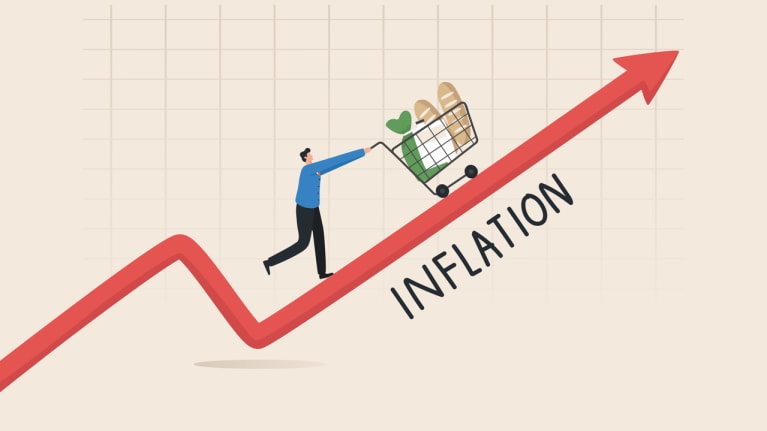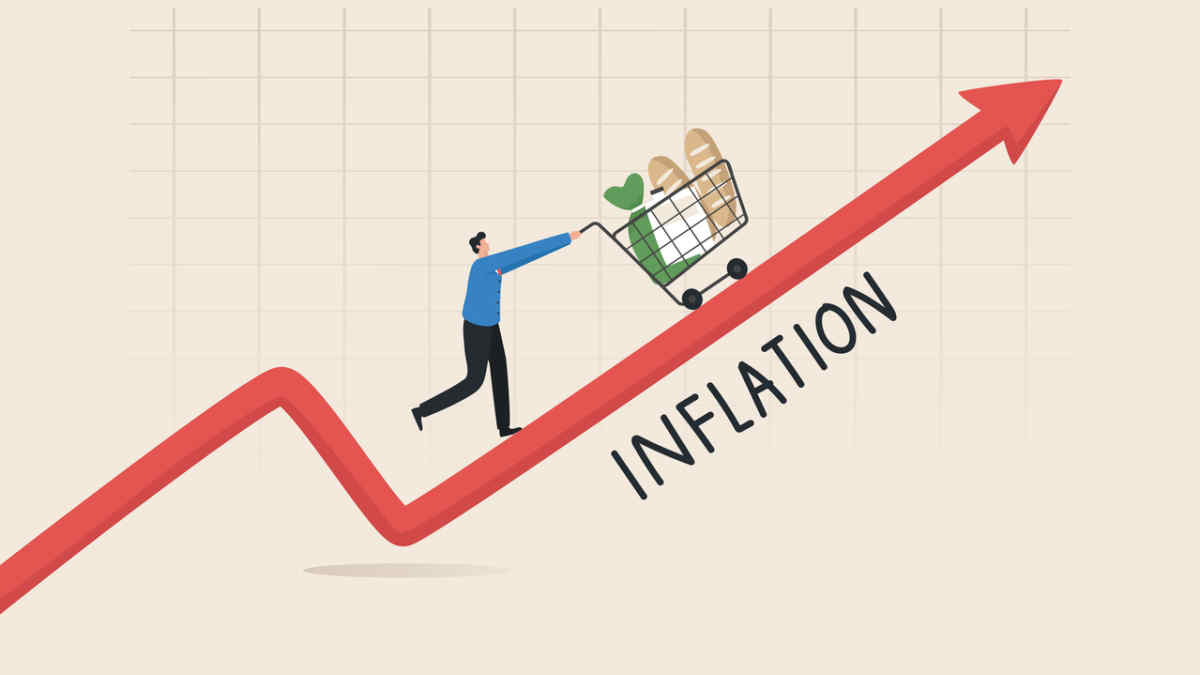

?Minimum wages in seven states will rise in January 2023 based on the 8.3 percent increase in inflation over the past year, as reported Sept. 13 by the U.S. Bureau of Labor Statistics in its consumer price index (CPI). We’ve gathered articles on the news from SHRM Online and other media outlets.
Affected States
The seven states that will adjust their minimum wages based on the new CPI numbers include Arizona, which has a current minimum wage of $12.80 per hour; Maine ($12.75); Montana ($9.20), Ohio ($9.30) and South Dakota ($9.95). Minnesota and Vermont also index to the recently released figure, but they cap increases to 2.5 percent and 5 percent respectively. Five other states and Washington, D.C., adjust their wages based on inflation, but only these seven specifically look at the August numbers.
(Axios)
Cities Increase Minimum Wages
Denver recently announced that its minimum wage will rise on Jan. 1 to $17.29 from its current level of $15.87—an 8.94 percent increase. This wage hike links minimum wage increases after 2022 to increases in the regional CPI.
Some cities already received midyear minimum wage increases on July 1 in light of regional CPI changes. These cities included Los Angeles ($15 to $16.04), San Francisco ($16.32 to $16.99) and Washington, D.C. ($15.20 to $16.10).
Automatic increases may ultimately lead to more cities and states amending their minimum wage laws to provide for a cap on annual increases. California will cap its annual statewide minimum wage increases at 3.5 percent for 2023.
Food Prices Rise
The cost of food, shelter and medical services rose last month. Grocery prices increased 13.5 percent over the past year, the largest such rise since March 1979. The price of basic staples like eggs and bread spiked, straining household budgets.
(CNBC)
Concerned HR Professionals
Overall, 73 percent of 1,150 HR professionals surveyed by the SHRM Research Institute in May indicated that inflation was a concern at their organizations. Among the roughly 70 percent of respondents who said they were aware of their organizations’ plans for annual pay raises, 63 percent reported that inflation was being accounted for in annual pay raises this year. That figure included nearly 27 percent who said that inflation is a standard part of annual cost-of-living pay adjustments.
Pay Compression Worsens
As organizations increase salaries offered to new hires to compete for talent, pay compression is worsening. Pay compression occurs when the pay of one or more new employees is close to the pay of more-experienced workers in the same job, or those in higher-level jobs, including managerial positions. Often, pay compression is the result of a market rate for a given job surpassing the increases historically awarded to long-term employees.

